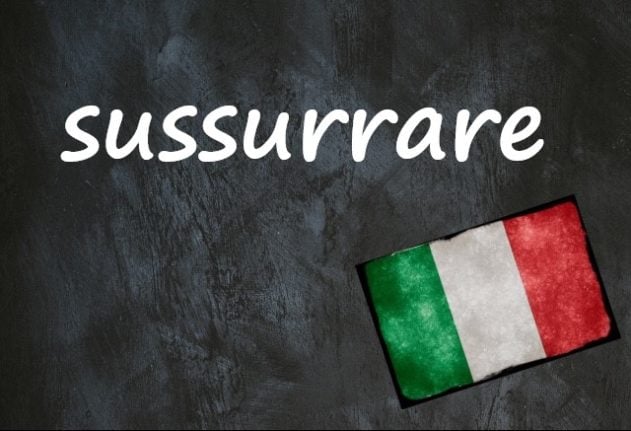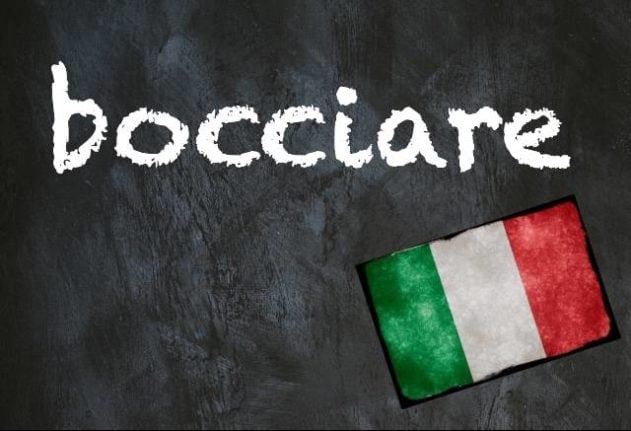Italians are not exactly known for keeping their voices down.
But when they do, you might like to know that the Italian verb meaning ‘to whisper’ or ‘to murmur’ is the delightfully onomatopoeic sussurrare.
– Sussurralo
– Whisper it
Hear it pronounced here.
Sussurrare can also be used to talk about rumours and furtive gossip:
– si sussurra che..
– it’s rumoured that…
– gli sussurrò qualcosa all’orecchio
– he whispered something in his ear
Sussurro is the noun meaning “a whisper”:
– Non più di un sussurro
– No more than a whisper
Otherwise, you can use the equally onomatopoeic verb bisbigliare (try repeating it out loud quickly).
– È sgarbato bisbigliare davanti a noi.
– It’s rude to whisper in front of us.
– Non serve bisbigliare
– There’s no need to whisper
With words this beautiful, it’s worth finding ways to use them as often as possible – no matter how loud your family is.
Do you have an Italian word you’d like us to feature? If so, please email us with your suggestion.
Don’t miss any of our Italian words and expressions of the day by downloading our new app (available on Apple and Android) and then selecting the Italian Word of the Day in your Notification options via the User button.




 Please whitelist us to continue reading.
Please whitelist us to continue reading.
I love the “word of the day”. It is so fun to be able to use these words correctly and to keep a full phrase in your head to be used at the right moment. You might consider putting them in altogether in an ebook.